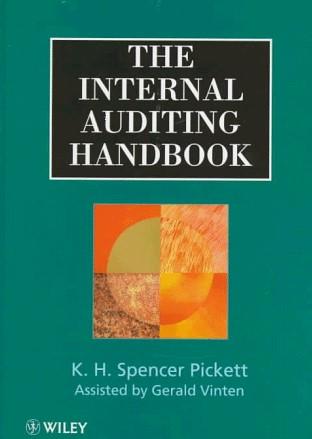Question
Janes Cookhouse is a popular restaurant located in a scenic setting. The owner of the restaurant has been trying to better understand costs at the
Janes Cookhouse is a popular restaurant located in a scenic setting. The owner of the restaurant has been trying to better understand costs at the restaurant and has hired a student intern to conduct an ABC study. The intern, in consultation with the owner, identified three major activities. The intern then completed the first-stage allocations of costs to the activity cost pools, using data from last months operations. The results appear below:
| Activity Cost Pool | Activity Measure | Total Cost | Total Activity | |||
| Serving a party of diners | Number of parties served | $ | 22,425 | 5,750 | parties | |
| Serving a diner | Number of diners served | $ | 128,250 | 14,250 | diners | |
| Serving a drink | Number of drinks ordered | $ | 47,150 | 11,500 | drinks | |
The above costs include all of the costs of the restaurant except for organization-sustaining costs such as rent, property taxes, and top-management salaries. A group of diners who ask to sit at the same table are counted as a party. Some costs, such as the costs of cleaning linen, are the same whether one person is at a table or the table is full. Other costs, such as washing dishes, depend on the number of diners served.
Prior to the ABC study, the owner knew very little about the costs of the restaurant. She knew that the total cost for the month (including organization-sustaining costs) was $270,750 and that 14,250 diners had been served. Therefore, the average cost per diner was $19.

 Required: 1. According to the ABC system, what is the total cost of serving each of the following parties of diners? a. A party of five diners that orders four drinks in total. (Round your answers to 2 decimal places.) b. A party of two diners that does not order any drinks. (Round your answers to 2 decimal places. Do not leave any empty spaces; input a 0 wherever it is required.) c. A lone diner who orders two drinks. (Round your answers to 2 decimal places.) 2. Convert the total costs you computed in (1) above to costs per diner. In other words, what is the average cost per diner for serving each of the following parties? a. A party of five diners that orders four drinks in total. b. A party of two diners that does not order any drinks. c. A lone diner who orders two drinks. (Round your answers to 2 decimal places.)
Required: 1. According to the ABC system, what is the total cost of serving each of the following parties of diners? a. A party of five diners that orders four drinks in total. (Round your answers to 2 decimal places.) b. A party of two diners that does not order any drinks. (Round your answers to 2 decimal places. Do not leave any empty spaces; input a 0 wherever it is required.) c. A lone diner who orders two drinks. (Round your answers to 2 decimal places.) 2. Convert the total costs you computed in (1) above to costs per diner. In other words, what is the average cost per diner for serving each of the following parties? a. A party of five diners that orders four drinks in total. b. A party of two diners that does not order any drinks. c. A lone diner who orders two drinks. (Round your answers to 2 decimal places.) Step by Step Solution
There are 3 Steps involved in it
Step: 1

Get Instant Access to Expert-Tailored Solutions
See step-by-step solutions with expert insights and AI powered tools for academic success
Step: 2

Step: 3

Ace Your Homework with AI
Get the answers you need in no time with our AI-driven, step-by-step assistance
Get Started


